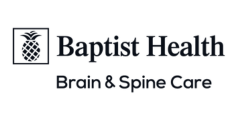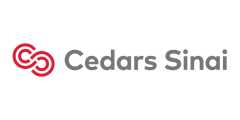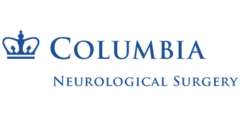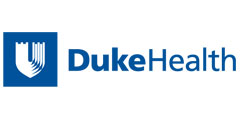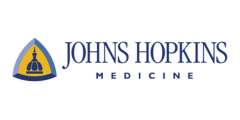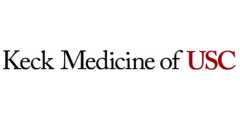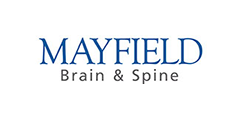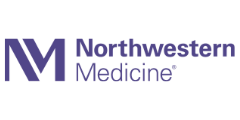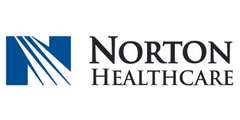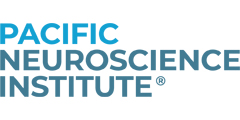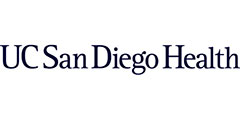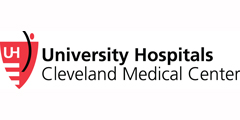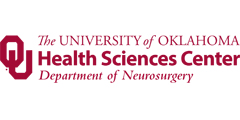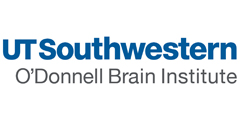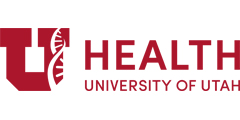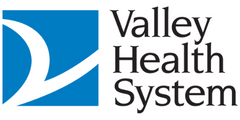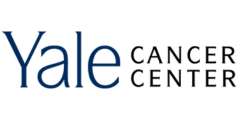Sponsor Spotlight
The Acoustic Neuroma Program at Weill Cornell Medicine is dedicated to delivering advanced treatments to patients affected by these tumors. The multidisciplinary team, led by neurosurgeon Dr. Philip E. Stieg and neurotologist Dr. Samuel H. Selesnick, offers a wide variety of leading-edge treatment options.
The acoustic neuroma specialists at Weill Cornell Medicine are also expert diagnosticians with access to advanced MRI techniques that allow for earlier diagnosis. Small tumors, diagnosed earlier, are much easier to treat and have better outcomes than those that expand outside the internal auditory canal.
Our experts evaluate each patient and recommend the best course of treatment based on a variety of
factors, with the goal of achieving the best possible outcome.
Call Dr. Stieg’s office at 212-746-4684 or Dr. Selesnick’s office at 646-962-3277, or visit www.weillcornellbrainandspine.org.
Sponsor Content
Confront the Issue, Count Your Blessings . . . and Move On
 When Peter Benson was diagnosed with an acoustic neuroma, it didn’t take him long to decide he wanted to have it removed. An actor and musical theater performer who also loves carpentry, Peter says it was his ‘carpenter self’ who made the decision.
When Peter Benson was diagnosed with an acoustic neuroma, it didn’t take him long to decide he wanted to have it removed. An actor and musical theater performer who also loves carpentry, Peter says it was his ‘carpenter self’ who made the decision.
“Monitoring didn’t make sense for me,” he says, “because I didn’t want to be concerned with it growing, and subjecting myself to regular MRIs. It just felt like watching a problem and hoping it didn’t get worse. And radiation was out because the carpenter in me trusts the hands-on approach intrinsically. So I was leaning toward a surgical approach from the beginning, and once I met Dr. Selesnick and Dr. Stieg I had no doubt that that was the correct choice for me.”
Neurosurgeon Philip Stieg, PhD, MD, and neurotologist Samuel Selesnick, MD, have been working together on acoustic neuroma surgery for 17 years at Weill Cornell Medicine and New York-Presbyterian Hospital, and they have achieved remarkable results with their patients. Their surgical expertise, however, was only part of what persuaded Peter to choose them for his surgery.
“I was deeply impressed from my very first visit with each of these men,” he says. “They have very different personalities, but both listen extremely well and possess the easy charisma of being literally among the best in the world at what they do.”
The surgery went well and Peter went home from the hospital just a few days later. “I was out of the hospital in three days and taking long walks around the city within days after that,” he says. “Two months after surgery I was doing a musical and riding my bike to the theater.” He’s grateful for having had surgery with a top team.
“It is difficult to speak about Dr. Selesnick and Dr. Stieg without real emotional resonance,” Peter says. “They have performed this procedure countless times, but for me this was a singular event. I would like to think that I’m at least a bit improved spiritually. Brain surgery is kind of a big thing and I’m grateful to be healthy and more sympathetic to those who aren’t. I truly do appreciate the little details in my life a bit more, and the people in it way more!”
Peter has some advice for others confronting an acoustic neuroma. Educate yourself and understand your options, get in the best shape possible before surgery, and be brave — “this is so doable,” he says. “Hook up with Dr. Selesnick and Dr. Stieg and get yourself connected to Weill Cornell Medicine and New York-Presbyterian,” he adds. “Then count your blessings and move on.”
Note: In no case does ANA endorse any commercial product, physician, surgeon, medical procedure, medical institution or its staff.


